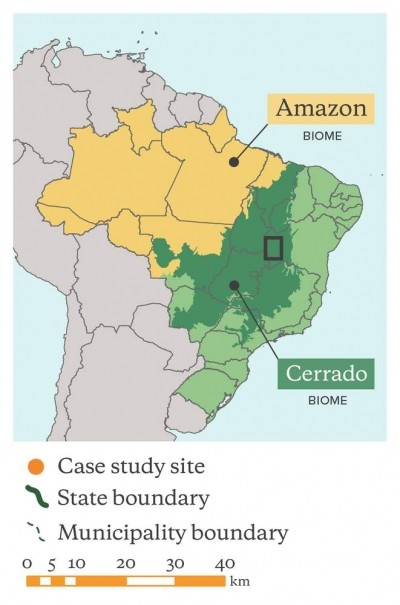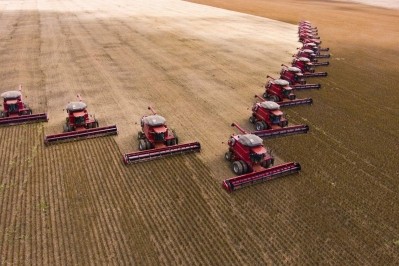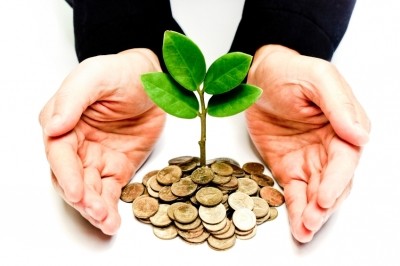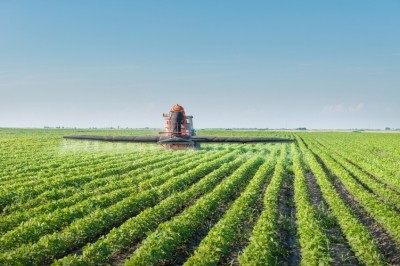Soy report will serve as a 'wake-up call' for some European feed makers, says WWF
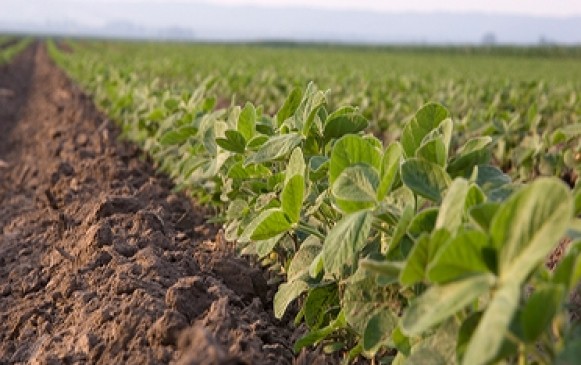
The World Wildlife Fund (WWF) published its Soy Report Card 2014 yesterday to coincide with the annual meeting of the Round Table on Responsible Soy (RTRS) in Brazil.
The report found programmes such as the Dutch and Swedish soy initiatives are spurring better performance from companies, though some improvements still need to be made, such as extending the commitment beyond national borders, said the international organization.
But the publication is damning of some players in the feed chain.
Sandra Mulder, leader of WWF’s global soy programme, told us the WWF targeted the largest feed manufacturers in five EU countries, most of which have international scope.
“What was most disappointing was the fact that six of the 16 companies approached didn’t even respond to our request for information. They are either not aware of the problems associated with soy production – a key feed commodity - or don’t care enough to engage in a dialogue on this,” said Mulder.
Europe and China are the biggest importers of soy globally. The feed sector accounts for 75% of the 34 million tons of soy imported into Europe every year.
Feed firms lagging behind
She said that while some feed companies are making good progress toward responsible soy – many others are lagging behind.
“Support from the feed industry is crucial for the transformation of the market. We know soy producers in Brazil who are ready to extend their responsible production soy capabilities but are questioning the apparent lack of demand for certified soy from Europe.”
However, the EU Feed Manufacturers' Federation (FEFAC) defended the feed sector's role in soy sourcing to date, saying it was actively facilitating the "transition to mainstream market solutions for the supply of responsibly produced soybean products that take into account the key criteria set out by RTRS."
The WWF report card shows the front runner in terms of feed firms is Sweden’s Lantmännen.
“The company has shown strong leadership across the board in terms of international commitments, plans and actual purchase,” said the WWF.
Danish fish feed company BioMar’s efforts in the soy arena were also commended.
While it has purchased a large quantity of responsible soy, WWF said it is urging BioMar, to mimic Lantmännen, and set a clear timeline in order to reach 100 per cent.
The report card also praised the move by French feed player Glon Sanders to start buying ProTerra soy.
“Furthermore Hamlet Protein (Denmark) is ahead of the curve in excluding Amazon soy, and in buying ProTerra-certified soy, in comparison to its Danish counterparts who are lagging behind despite the key role that Denmark plays in Europe’s meat export business,” continued the report.
Dialogue with retailers critical, says Nutreco
The report also identified companies that have ‘started the journey’ to responsibly sourced soy including Dutch feed giant, Nutreco.
Mark Woldberg, communications spokesperson for Nutreco, told us the company’s vendor policy is “aligned with RTRS” and that it “actively participates in conversations with industry organizations and WWF to find solutions to making sustainable soya products mainstream in the commercial feed industry sector.”
Nutreco believes “a multi-stakeholder approach including others in the value chain, especially retail, is the best way forward,” in terms of encouraging more responsible soy production and sourcing, he added.
The report said companies who did not respond to the WWF survey include DLA Agroand DLG (Denmark), InVivo (France) and Svenska Foder (Sweden), which is owned by DLG.
Wake-up call to feed firms
Mulder wants the report card to serve as a “wake-up call” to feed companies, as well as to their many customers in the supply chain.
“Feed companies evidently don’t face much pressure from consumers as they are relatively invisible in the soy supply chain. Yet they traded most of the soy assessed in this report card.
Every partner in the food and feed chain needs to take responsibility to promote more sustainable soy production and purchasing,” she said.
RTRS credit program
WWF sees the purchase of credits under the Round Table on Responsible Soy (RTRS) program at this stage in the development of the responsible soy market as key for immediately rewarding producers for their responsible production and building up necessary scale.
“Only then can physical supply of certified soy through mass balance really begin,” said Mulder.
She said the cost of credits is only marginally higher than non-certified soy.
“Taken into account current prices for soy, the additional costs for RTRS credits are negligible, less than half a percent,” said Mulder. “There is no excuse for companies not to calculate their soy use and begin to cover it by RTRS credits now.”
Just seven out of the 15 feed companies assessed in the report card are members of the RTRS – a very basic first step in taking responsibility for the soy they use, said the WWF.
Key RTRS principles for soy production, which is causing deforestation and biodiversity loss in South America, include legal compliance, no deforestation of native forest, protection of areas for nature or community land, no use of child or forced labor, and safe, regulated use of pesticides.
The WWF has backed the RTRS scheme since it began in 2006.
Arla's commitment on soy
Danish agri-group, Arla, announced in March that, from this year, it will buy certificates under the RTRS scheme to cover 100% of the soy its farmers use in feedstuff for their dairy cows.
Kjell Lundén-Pettersson, senior manager, Arla Foods, told FeedNavigator:
“The current cost of purchasing segregated certified sustainable soy is excessive as its availability, in volumes large enough to load full silos, is still a few years off.
In the meantime, the purchase of certificates encourages farmers to make the switch to more responsible soy production as they receive direct monetary benefits for choosing to do so – a real incentive to meet the annual RTRS third party audit requirements.”
Consultancy KPMG, in its May 2013 report, The Roadmap to Sustainable Soy, backs this up.
The study noted that the average payback period for producers’ investment in certification may be as little as three years.
“The best-prepared large producers can recoup their investment within one year while less-prepared medium-sized producers may achieve return on investment in less than five years,” concluded KPMG.
Playing catch up with palm oil supply chain
The soy supply chain needs to play catch up with palm oil production:
"It is about four to five years behind the palm oil sector in terms of sustainability. If you look at what has happened in terms of the volumes now of certified segregated palm oil, you can imagine a potential similar trajectory for segregated soy production.
Approximately 20% of the total volume of palm oil we purchased was certified segregated in 2013 for both Arla branded products and third party production. In 2014, it is our aim that three quarters of that will be certified segregated palm oil,” said Lundén-Pettersson.
A number of steps still need to be taken before there is that kind of availability of certified segregated soy in the supply chain, he said.
The WWF report can be read here.

